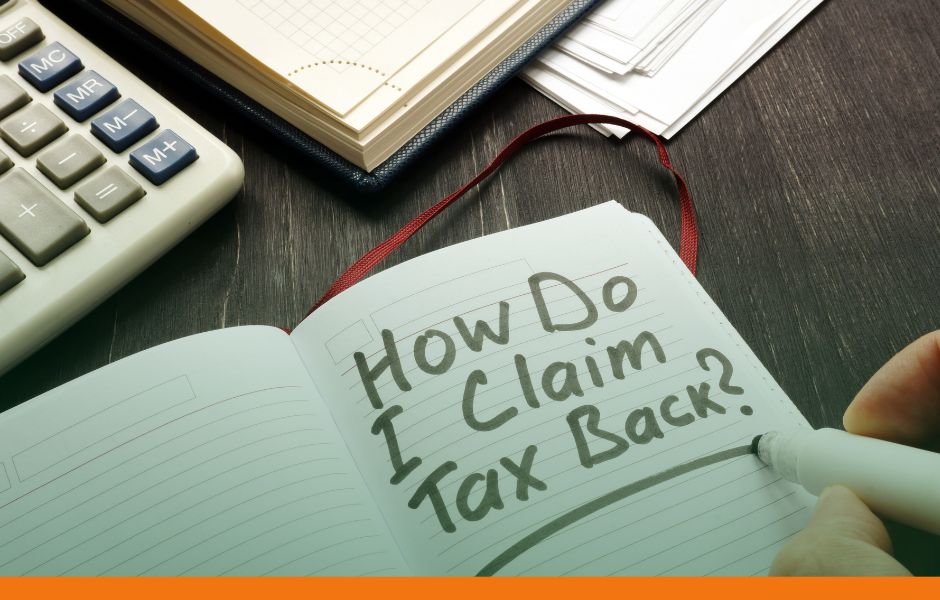
Sort out back taxes, as tax obligations can be an exhausting ordeal to deal with, especially if the IRS assessments take you by surprise. But it’s worth noting that every taxpayer is expected to take control of their finances and settle any debt they owe. Unresolved tax debt can lead to serious consequences such as penalties, interest, and even potential legal consequences. But everyone deserves help on how to deal with back taxes effectively!
Quick Tips to Sort Out Back Taxes:
1. Determine the amount you owe in back taxes
Assess your tax returns and relevant documents to spot any discrepancies or errors. If you need assistance, it’s best to turn to a tax professional to help you understand the full scope of your tax debt.
2. Don’t ignore the IRS
Open communication is vital to sort out back taxes. If you can’t pay the entire amount immediately, contact the IRS to know more about your options. They may offer installment plans or other repayment arrangements based on your financial situation.
3. Apply for an Offer in Compromise
In certain situations, the IRS may accept an Offer in Compromise (OIC), allowing you to settle your tax debt for less than what you actually owe. However, this option is only available if you can prove genuine financial hardship and an inability to pay the full debt.
4. Ensure you file all your future tax returns on time
Failure to do so can lead to even more penalties and complicate your situation further. You can set up reminders or enlist the help of a tax professional.
5. Know about the Statute of Limitations
The IRS has a statute of limitations for collecting tax debt, typically ten years from the date of assessment. If your tax debt is close to its expiration, it may be possible to wait it out without taking further action.
6. Seek Professional Help
Managing back taxes can be a bit complex, especially if you are unsure about tax laws or procedures. Enlist the help of a tax professional or a certified public accountant (CPA) to guide you through the process and optimize your tax situation.
Conclusion
Keep in mind that managing back taxes calls for initiative and self-control. Keep yourself informed of your options, act quickly, and call on experts as necessary. You can take back control of your finances by making progress towards a future free of debt.







